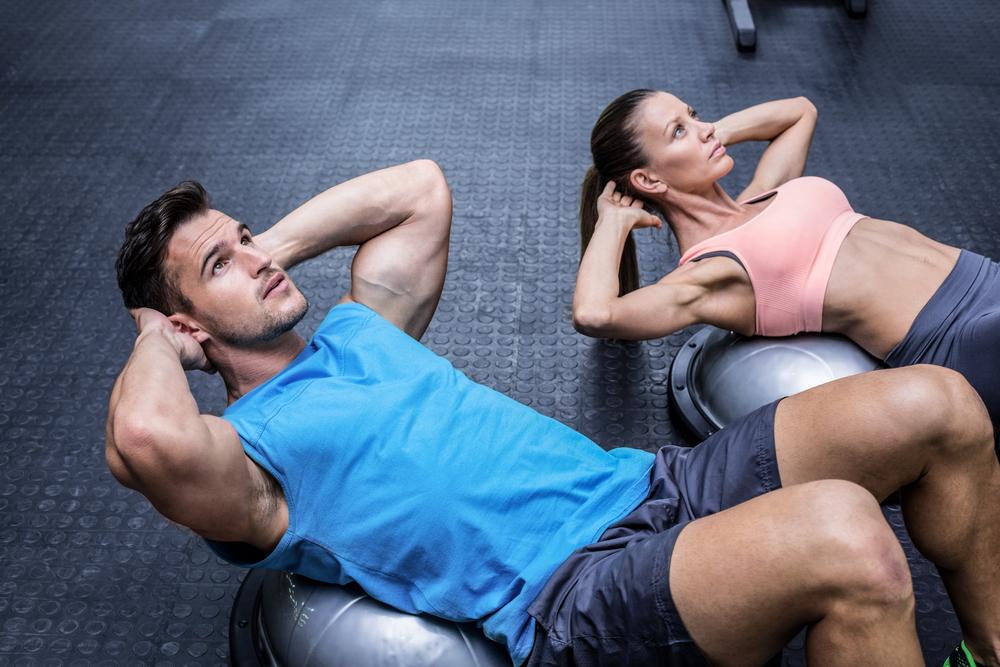The National Psoriasis Foundation recommends exercise as a way to manage psoriasis. Exercise fights inflammation which can aggravate psoriasis and lead to other health complications. It’s also a surefire way to relieve stress and boost one’s mood. Psoriasis patients are also prone to anxiety and depression, it makes sense that daily exercise should be part of a sustained treatment plan for psoriasis. However, exercising with psoriasis can present some challenges. Things like sweat, certain fabrics, and too much sun exposure can act as triggers and set off a flare-up. Here are five tips that will help you live an active life while managing your condition.
Start Slow
If exercise isn’t a part of your daily routine, you might want to kick start this new habit with baby steps. Take a walk around the block, join a beginners’ fitness class or follow a yoga tutorial online from the comfort of your living room. Don’t be tempted to try too much too soon, since this can make you sore and stressed out. Stress and the contents of most topical muscle relaxants or pain killer sprays can be a trigger for flare-ups. Start taking the stairs instead of the elevator, park in a spot that’s furthest away from the store or take a walk around your office block after lunch. Incorporating exercise into your daily routine won’t shock your body and muscles as much as a session in the gym.
Drink Plenty Of Fluids
Working out can dehydrate you and make your skin even drier and itchier than usual. Sip small sips of water during your workout as well as after. You want to counteract the effects of losing water from your body through sweat.
Avoid Tight Workout Clothes
Spandex and anything too tight on the skin is your mortal enemy when you have psoriasis. Wear loose breathable fabrics like rayon, modal, and cotton.
Wear Your Workout Clothes To The Gym
Most gyms have private changing rooms, but if you’re embarrassed or anxious about baring your skin in public, you can wear your workout clothes to the gym. To avoid stares in the locker room, you can change in the shower stall after a workout.
Keep Post-Workout Showers Cold
Cold showers will clean off the sweat and also cool down your body so that you don’t sweat more. Sweat can trigger the formation of more plaques on inflamed skin.

